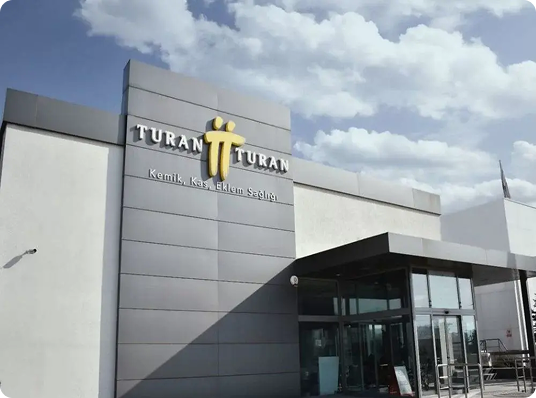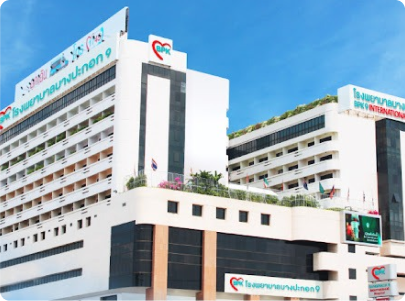Intestine Transplant
Intestine Transplant is a critical component of modern medicine, offering patients access to minimally invasive, highly effective treatments that can significantly improve outcomes across various health domains.
Get Expert Consultation
Speak with our medical travel experts to get personalized guidance for your procedure
✓ No commitment required • ✓ Expert guidance • ✓ Free consultation

Book Your Free Medical Consultation
Get expert advice—free and easy. Just fill out the form to start your health journey!
Key-Insights for
Intestine Transplant
Procedure Time
The transplant process typically takes around 4-6 hours.
Recovery Period
Patients usually need 2-3 weeks to fully recover before resuming normal activities.
Expected Results
A successful transplant can lead to improved digestion, reduced symptoms, and enhanced overall quality of life.
Ideal Candidates
People with severe intestinal damage or failure, such as those with Crohn's disease or ulcerative colitis, may benefit from this procedure.
Intestine Transplant
Intestine Transplant is a critical component of modern medicine, offering patients access to minimally invasive, highly effective treatments that can significantly improve outcomes across various health domains.

People seek these procedures for various reasons:
Aesthetic Enhancement
To alleviate chronic symptoms like abdominal pain, diarrhea, or constipation
Corrective Purposes
To regain normal digestion and absorption of nutrients
Functional Restoration
To improve overall health and well-being
Things to Check Before Treatment
- •Discuss any medications you're taking with your doctor, as some may need to be adjusted or stopped before the procedure.
- •Let your doctor know if you have a history of abdominal surgeries or other intestinal conditions that could affect the transplant.
- •Inform your doctor about any allergies or sensitivities you may have.
- •Find out from your doctor which medical insurance plans are accepted by the hospital and surgeon.
- •Confirm with your doctor whether you'll need to stay overnight in the hospital after the procedure.
Potential Risks
- •As with any major surgery, there's a risk of infection or bleeding.
- •The transplanted intestine may not function properly at first, which could lead to complications.
- •There's a small chance the body may reject the new intestine, which would require additional treatment.
- •The procedure carries a risk of damage to nearby organs, such as the bladder, ureters, or blood vessels.
- •As with any major surgery, there's a risk of developing blood clots or experiencing respiratory complications.
How to Choose the Right Country, Clinic, and Surgeon
Do's
Verify surgeon credentials (e.g. ISAPS, JPRAS)
Ask for before-after photos
Check language barriers
Review aftercare and follow-up options
Consider local laws on medical malpractice
Don'ts
Don't Choose a Clinic Based Only on Price
Don't Rely Solely on Social Media or Influencers
Don't Ignore Language Barriers
Don't Rush Into Surgery Without Research
Don't Assume You Can Fly Back Immediately
CureMeAbroad Services Are Absolutely Free.
You pay same rates for treatments as in the hospital's original price list.
CureMeAbroad Services Are Absolutely Free.
You pay same rates for treatments as in the hospital's original price list.


Book Your Free Medical Consultation
Get expert advice—free and easy. Just fill out the form to start your health journey!
Intestine Transplant
Frequently Asked Questions
This procedure involves specific medical techniques tailored to address particular health conditions. Your doctor will explain the detailed process based on your case.

Help Me Plan My Treatment Abroad
End to End Treatment Planning Specifically curated as per your need. Just a Call away


Help Me Plan My Treatment Abroad
End to End Treatment Planning Specifically curated as per your need. Just a Call away


Book Your Free Medical Consultation
Get expert advice—free and easy. Just fill out the form to start your health journey!



